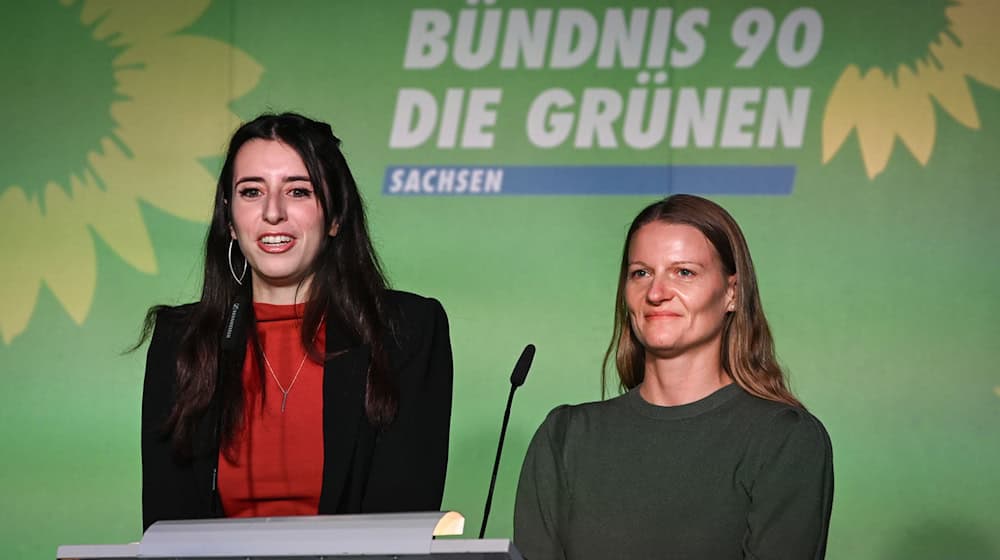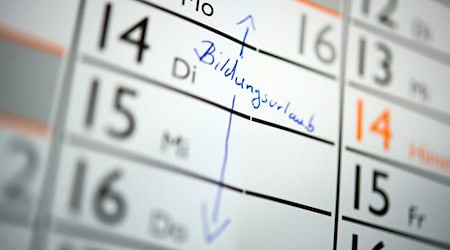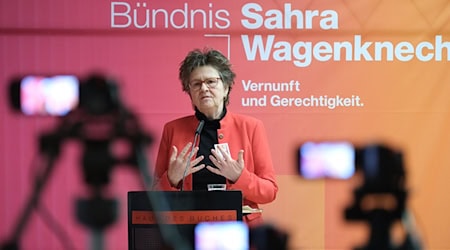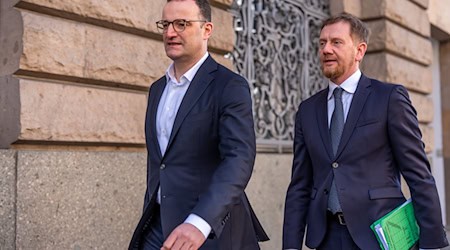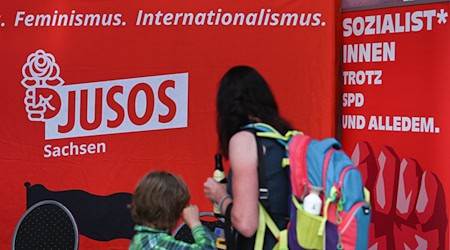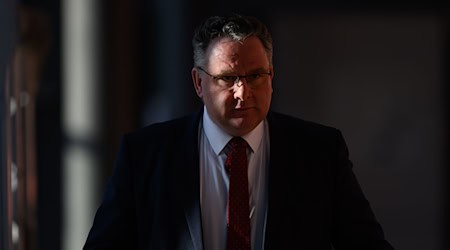The Saxon Greens are sceptical about a possible minority government consisting of the CDU and SPD and are sharply critical of both parties. At a state assembly in Chemnitz, Justice Minister Katja Meier, who is still in office, questioned a re-election of CDU leader Michael Kretschmer as Minister President with votes from the Greens. Should Kretschmer stand for election in December, "from today's perspective, we Greens can only say no", said Meier to applause from the delegates.
After failed exploratory talks with the Sahra Wagenknecht (BSW) alliance, the CDU and SPD are seeking a minority government in Saxony. The previous Kenya coalition of CDU, Greens and SPD no longer had a majority in the state elections in September. Kretschmer had repeatedly attacked the Greens sharply during the election campaign.
Greens: chaos in Saxony with unclear majorities
At the moment, Saxony is "one big mess with unclear majorities", said state leader Christin Furtenbacher. Kretschmer had abandoned a stable government - also out of "stubbornness" towards the Greens. Now a "spineless SPD" and a CDU that is having difficulties distinguishing itself from the AfD want to form a government. This is a "course of instability", said Meier. The Greens would not be the stirrup holder of a policy that was only geared towards maintaining power.
The delegates voted in favor of an urgent motion by the state executive board that sets out the principles for future cooperation with a minority government. These include the exclusion of cooperation with the AfD and reliable support for Ukraine. In addition, climate and environmental protection should be the central theme of the Greens.
A minority government made up of the CDU and SPD is ten votes short of a majority. Black-Red therefore wants to introduce a so-called consultation mechanism to involve the opposition - including the AfD - in legislative proposals at an early stage.
Analysis: Many things went wrong in the state election campaign
The Greens also used the party conference to discuss their poor performance in the state election. As the previous governing party, they had fallen from 8.9 to 5.1 percent and only just made it into the state parliament. Political communication and social media campaigns must improve and it must be possible to win back lost target groups - especially young people and women, said co-leader Marie Müser.
The chronic weakness of the Greens in rural areas was also discussed. According to statistics, two thirds of the party's votes in the state election came from Leipzig and Dresden. Excluding the two major cities, the Greens only achieved an average of around two percent. They need to become more visible in the area and need support from the state and federal party.
Copyright 2024, dpa (www.dpa.de). All rights reserved

